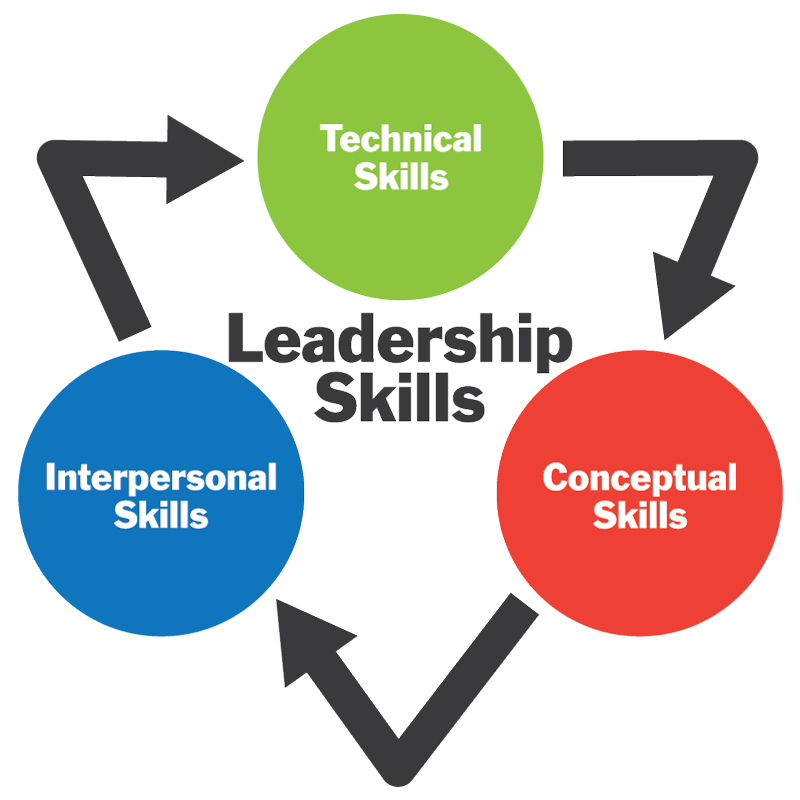In the current rapidly changing and ever-changing world, effective leadership has become more critical than ever. Leaders are responsible not just with guiding their teams toward success but also with fostering an environment of trust and collaboration. At the core of this endeavor lies the understanding that trust is the cornerstone of strong leadership. Without it, even the most capable leaders find it difficult to inspire their teams and achieve their goals.
Developing strong leadership skills is crucial for any professional looking to make an impact. From decision-making and communication to adaptability and emotional intelligence, honing these skills can significantly enhance a leader's ability. This article will discuss the top ten leadership skills every professional should master, highlighting how each skill contributes to fostering trust and driving team performance. Whether you are stepping into a new leadership role or wanting to improve your capabilities, these insights will empower you to become a leader that others respect and look up to.
Fundamental Leadership Skills to Develop
Successful leadership hinges on a set of core skills that every professional should strive to excel in. One such skill is emotional intelligence, which allows leaders to connect with their team members on a deeper level. By recognizing and managing their own emotions, as well as sympathizing with others, leaders foster an environment where individuals feel appreciated and understood. This connection not only improves morale but also strengthens teamwork and collaboration, ultimately driving the growth of the organization.
Another key skill is effective communication. Leaders must convey their vision well and ensure their messages resonate with their audience. This involves not just expressing but also actively listening. Leaders who develop their communication skills are more capable to motivate their teams, leading to enhanced performance and a more active workforce. Clear communication also plays a crucial role in handling disagreements, enabling leaders to address disagreements and build agreement.
Adaptability is more and more vital in the current fast-paced world. A great leader must be able to pivot strategies and accept change while supporting their team through uncertainty. This agility allows leaders to handle challenges to challenges and take advantage of new opportunities as they arise. By mastering adaptability, leaders ensure they can preserve their effectiveness and foster resilience within their teams, strengthening a culture that thrives amidst change.
Creating Trust and Efficient Communication
Creating reliability within a workforce is fundamentally tied to effective communication. When supervisors convey openly and steadily, they foster an environment where team members experience recognized and understood. This openness fosters a climate of trust, allowing individuals to share their thoughts without fear of judgment. As Digital resilience grows, so does participation, leading to increased productivity and collaboration among workforce members.
Furthermore, efficient conveyance is not just about transmitting messages; it involves mindfully engaging and reacting to others’ requests. When leaders implement active listening, they demonstrate consideration for their workforce's input, which reinforces confidence. This reciprocal interaction motivates group members to express more willingly, leading to new ideas and richer bonds. By showing that their opinions are valued, managers can cultivate a climate where individuals are driven to contribute to the team’s achievement.
Ultimately, confidence built through clear conveyance allows supervisors to handle challenges more effectively. When group members trust their supervisor and each other, they are more likely to tackle problems head-on and develop answers collaboratively. This joint strength becomes a cornerstone of a successful workforce dynamic, allowing managers to motivate their teams even in difficult situations. By focusing on clear conveyance as a way to build confidence, supervisors can unlock the entire capabilities of their groups.
Developing Fortitude and Adaptability in Leadership
In the current rapidly changing and ever-changing environment, resilience has become an essential trait for effective leaders. Resilience allows leaders to bounce back from setbacks and maintain their focus in the face of challenges. This quality not only helps leaders navigate crises but also inspires their teams to embrace a similar attitude. Fostering resilience involves acknowledging the inevitability of change and maintaining a positive outlook, even in adverse situations. This approach encourages a culture of perseverance within the team, where challenges are seen as opportunities for growth.
Adaptability is closely linked to resilience, and it is vital for leaders to remain adaptable in their strategies and approaches. The ability to shift direction in response to new information or shifting circumstances can determine the success of a team or organization. Effective leaders assess their environments quickly and modify their plans accordingly, ensuring that their teams remain aligned with evolving goals. By embracing adaptability, leaders demonstrate a readiness to learn and evolve, which can foster a similar attitude within their teams.
To successfully develop both resilience and adaptability, leaders should prioritize continuous learning and self-reflection. Engaging in regular training, requesting feedback, and remaining open to new ideas are all ways to strengthen these skills. Additionally, leaders should encourage an environment where team members feel confident to share their insights and suggest modifications. When leaders model resilience and adaptability, they not only enhance their own capabilities but also enable their teams, creating a more robust and agile organization capable of thriving in the face of uncertainty.

